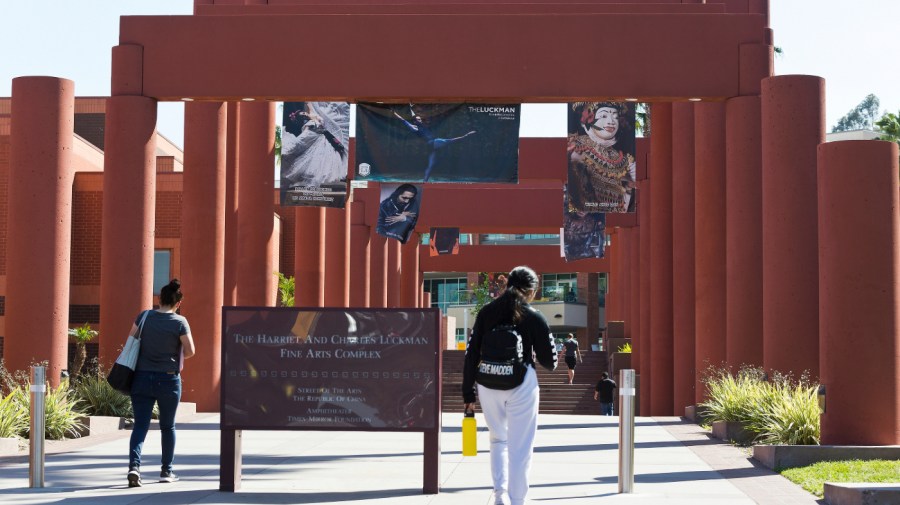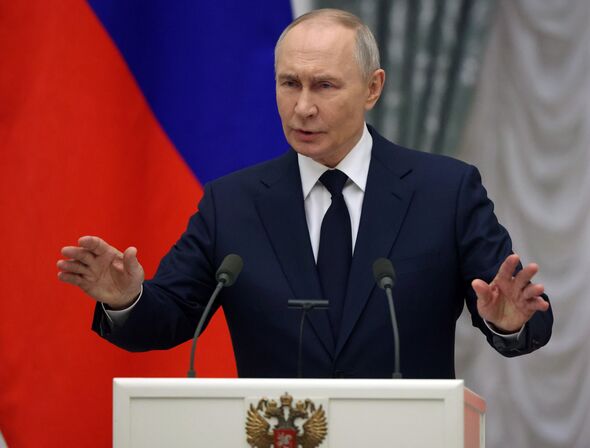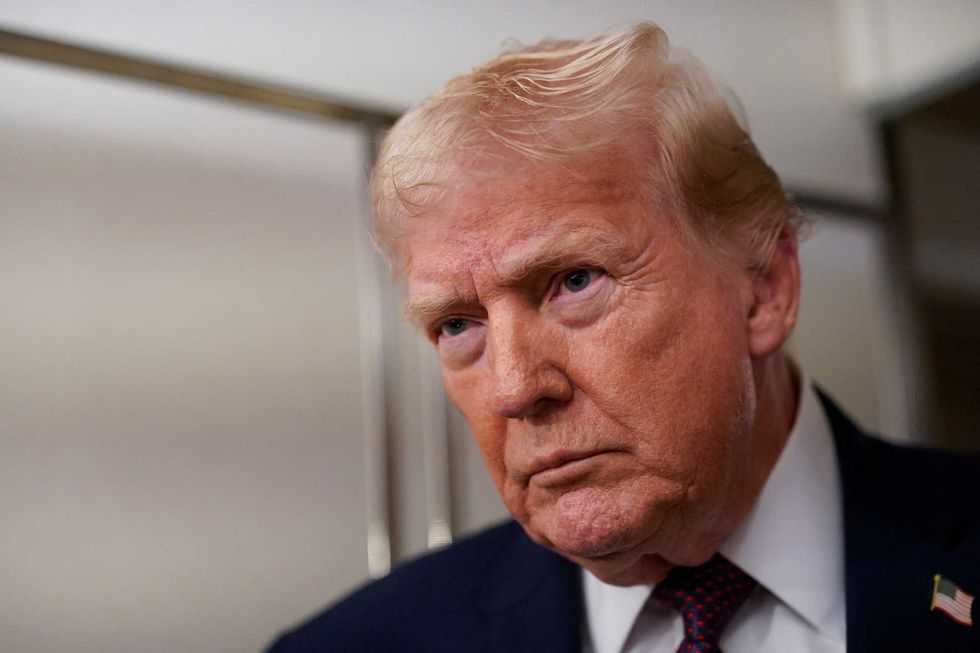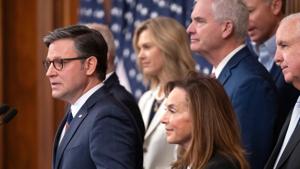Concerns are mounting regarding the state of free speech within academia, particularly focusing on the role of professors. Critics argue that when educators express personal opinions in social media posts or during classroom discussions, it can stifle critical discourse and limit students’ ability to engage in diverse viewpoints.
The issue has gained traction as more voices from within educational institutions raise alarms about the impact of this behavior. On campuses across the globe, students often report feeling pressured to conform to specific ideological perspectives, which could undermine the very essence of higher education: the open exchange of ideas.
Impact on Academic Environment
A study conducted by the **Foundation for Individual Rights in Education** (FIRE) found that nearly **60%** of students in the United States feel that their professors have a significant influence on their opinions. This influence can lead to a chilling effect, where students may refrain from expressing their own thoughts for fear of backlash or disapproval.
Teaching methods that intertwine personal beliefs with academic content can create an environment where critical thinking is compromised. Educators are tasked not only with imparting knowledge but also with fostering an atmosphere where students can explore, challenge, and debate various viewpoints without fear of reprisal.
This situation raises questions about the responsibilities of faculty members. According to a report from the **American Association of University Professors**, the need for academic freedom is paramount for both educators and students. Yet, when professors prioritize their opinions over objective analysis, they risk diminishing the academic rigor essential to education.
Broader Implications for Society
The ramifications of this trend extend beyond the classroom. As students graduate and enter the workforce, their experiences in academia shape their interactions and contributions in society. If critical discourse is suppressed in educational settings, it is likely to carry over into professional environments, further stifling innovation and discussion.
Moreover, this issue is not confined to any single country. Reports indicate similar patterns across various educational systems, including those in the **United Kingdom**, **Australia**, and **Canada**. The global nature of this problem necessitates a reevaluation of the role that educators play in shaping discourse and promoting an inclusive learning environment.
Prominent figures in academia are now calling for a reassessment of how personal beliefs are integrated into teaching. For instance, **Dr. Sarah Johnson**, a senior lecturer at a leading university, emphasized the need for balance. “It is crucial that we encourage students to think independently while also respecting their right to hold differing views,” she stated.
As discussions continue, it becomes increasingly clear that addressing the free speech issue in academia is vital for both current and future generations. Only through fostering an environment of genuine discourse can educational institutions fulfill their mission of preparing students for a complex and diverse world.







